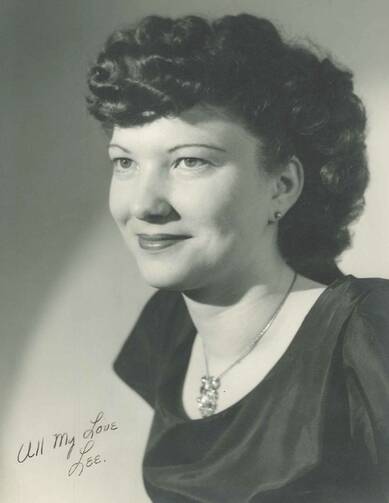Try to imagine how distant our loved ones could be before Facetime, Skype, texting, email, even telephoning. Then you can better appreciate the desperation of a colonial device, one attempted far before its time. It’s retrieved in Malcolm Gaskill’s Between Two Worlds: How the English Became Americans (2014).
How can one not be sad, to the point of desperate, when the distance between two worlds is so great?
Perhaps I find the notion a magnetic device, which sympathizes at a distance, even more melancholy, because I lost my Mother this past month. I would visit her most weeks and would telephone daily. Now, that’s the hollow in my life. I don’t drive home, don’t call with the smallest detail of the day. Earlier this week, I received a late-night text from my sister. It was only the words, “I want my momma,” yet somehow she’d also transmitted her tear-stained face. We’d sympathized at a distance.
The week after my mother’s funeral, at prayer, staring up at the sky through a church window, I realized that I didn’t desire God at all. What I wanted was my mother. The insight didn’t shake my faith; it strengthened it. Why? Because a sympathy at a distance existed, because I wasn’t longing for an invisible God, or even the Jesus of my imagination. I knew that I had seen and loved the face of God.
That great architect of Catholic theology, Saint Thomas Aquinas, wrote that we cannot know what God is, only what God is not (Summa Theologica I.3). Put another way, there is a caesura in the center of the Christian faith. So much has been revealed: what God wants of us, how God redeems us, that God is Trinity. And yet who or what God is remains a mystery.
Is that one of the difficulties our contemporaries have with faith? They’ve sensed that picturing a bearded old white man, on a celestial throne, is neither sensible nor attractive. Yet, with nothing to replace the inadequate picture, they can’t help but to think of themselves as atheists or agnostics. They no longer have a heaven worth the yearning, a God whom they can desire.
The Catholic Catechism admits that “our human words always fall short of the glory of God” (§42), yet echoing the Book of Wisdom (13:5), it teaches that
That’s the realization that came to me through that chapel window, the sympathy at distance. In knowing and loving my mother, in being known and being loved by her, I had experienced something of God. To be at prayer and to yearn for my mother was to long for someone I knew, someone whom I had once loved in the flesh.
“The manifold perfections of creatures—their truth, their goodness, their beauty all reflect the infinite perfection of God.” But to have known the love of another, to have known the unselfish devotion of a mother, is to have touched the face of God. Only sin, to which every human life is subject, dims the visage.
“This is my commandment: love one another as I love you” (Jn 15: 12). What a vocation we’ve been given: to reflect the very love of God in life. Take that seriously, and remembering one’s own sin, there is every reason to fear. But it can be done. This is the first mother’s day where I see the work whole, finished, taken up into God.
Acts 10: 25-26, 34-35, 44-48 1 John 4: 7-10 John 15: 9-17








